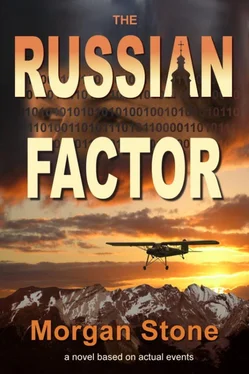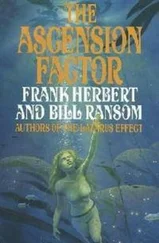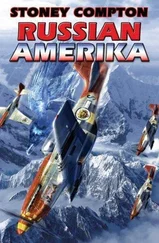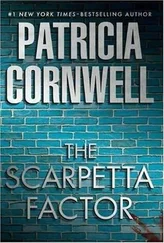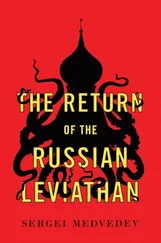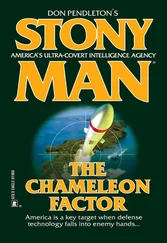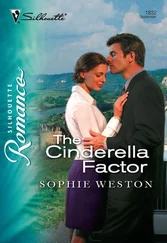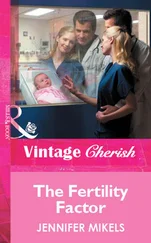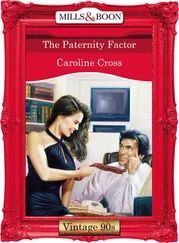Anna’s eyes moistened. She looked away. “I would take anything. All I cared about was to get here. To get out of Russia.”
Anna was still taking it all in. Luda bent down to untie her bright green boots. The kettle whistled in the kitchen.
“Please do not be offended, but I am not so thirsty for tea. I am needing to lie down. This has all been so much for me.” Anna’s voice shook, her cheeks glowed. Before closing her bedroom door she kissed me gently on the cheek and whispered one word, “ Spacibo — thank you.”
Tea was abandoned and Luda left. I crawled into bed with my whiskey and chocolates, wondering what the girl next door must have gone through to get herself there.
* * *
Anna’s introduction to the Kiev political scene began just shy of 10:00 am. A couple hundred pensioners were shouting and chanting up a storm in front of the Prokuratura. I was on the balcony shooting the action, already well on my way to hypothermia. Galina had just come in from the stairwell and was stomping the snow off her boots when Anna burst from her bedroom. “ Shto eta? — What’s that? What’s happening?” She looked back and forth between Galina in the vestibule and me. I’d never seen her in daylight. She was way more fragile than I’d thought seeing her for the first time at the airport. In her pajamas and stripped of makeup, she looked like a waif.
“Well, good morning. You remember Galina?” Candy-apple-red polished toenails drew my attention to Anna’s bare feet and I closed the balcony door.
“Of course.” Anna said in Russian. “What is happening out there? Such a riot.”
“A protest. Better get used to it. This one is small compared to the usual.”
“This happens often?”
“Oh yeah. Welcome to the front lines of Ukrainian politics.” I hobbled toward the kitchen on frozen feet. I was wearing boots. I could only imagine the temperature at rug level for feet wearing nothing but nail polish. “Hey, anyone for coffee?”
Probably feeling, out of place in pajamas, Anna dove for the bathroom.
“Friendly guest, no?” Galina remarked. “Did I offend?”
“I think she’s still in shock. She had a pretty harrowing trip getting here.” I stirred a spoonful of Nescafe instant into a mug of boiling-hot oily tap water.
“She does not know yet, right?”
“Nope, thinks we’re journalists. I’ve had no time with her yet. Need to develop more trust, need to learn her , find out what she knows, what she wants, what’s at stake for her.” I tried to take a sip. Way too hot, I lowered the cup. “You must know what I mean, Galina. See what she’s good for. Decide whether to let her in or not.” I was working on convincing myself and maybe even Galina that having Anna around was all about business.
“They say you do this well.” Looking at my clotted, oily coffee, Galina added, “Oh no, you must not drink water from the tap!”
“It’s boiled. Why not?”
“Just look in your cup. Bugs are not the problem here. I do not think they could even survive in that water.”
“If it’s just radioactivity, I don’t mind. I like my coffee hot! ” I took a sip. It really was disgusting.
Galina shook her head, pulled a folder from her canvas bag and dropped it on the table. “Things to watch out for today and intelligence on what you have already photographed and gathered and submitted.” She murmured. “You must find out about her very soon. The Skater is coming. We must know what side your guest is on.”
I nodded.
Galina got up, heading for the door. “Jess, do not drink water that does not come from bottles.”
* * *
A couple days of chaos acclimatized Anna to politics, Kiev style, and she began to relax. As she got over her shyness — probably fear — she would tell me over and over again, how pleased she was to be free. I was having a hard time understanding how un-free she had been back in Russia or what was considered reasonable freedom by Russian society for a woman of twenty-six. It shocked me that being free to come and go as she pleased was extraordinary. In those first few days, Anna reminded me of a child, a young creature, imprinting behavioral patterns by watching the adults around her. I was acutely aware of her watching Galina, Luda, and me for clues about how to relate to us, what to expect, and whether or not we were dangerous.
I couldn’t believe that the young woman emerging before my eyes hadn’t flown the coop back in Russia before then. That her intelligence, creativity, curiosity, and passion survived, was proof of her resilience and determination. I loved the conversations we had at our cheap laminate folding kitchen table. Anna discovered sushi, French wine, avocados, and whiskey. She listened, wide eyed, while I rattled on about dirty games like Russian agents blowing up apartment buildings to incite hatred toward Chechnya. She didn’t believe me at first, arguing what she knew was the god-sworn-truth about the Russian president, Vladimir Putin, and she dug for the evidence to prove me wrong. When the evidence instead proved her wrong, she admitted it and dug further on her own. She devoured books and articles on the subject, coming to me wide eyed with things she’d learned from former Russian agents and reporters. Sadly, most that dared to speak up were murdered or in hiding. Anna craved the truth and having uncensored Internet access thrilled her. But most important to Anna was the right to make up her own mind.
Anna was curious about my own activity and the attention my colleagues and I paid to the goings-on around the Prokuratura. She wondered why journalism required so much computer equipment, photography and obsessive attention to people we weren’t planning to interview. When she asked about the thick folders coming and going, I brushed her off with vague responses. She didn’t mind, but I knew it was getting to be high time to let her in on what was really happening, especially regarding her family. It worried me. I wanted to make sure Anna could handle the truth, or was even willing to face it. There was that, and I wanted more information, more hard evidence, before I let Anna in , forced the issue, found out what it was she was after, and dragged her into a very grown-up world — ready or not.
We’d killed a few bottles of French Merlot over casual conversations, mostly about her life in Russia. Still, I wasn’t sure what or how much Anna knew about the syndicate activities of her family or how loyal she might be to them. Visiting the awe inspiring Pecherska Lavra, a thousand year old monastery, she talked about her boring and overly directed life at home and how much she was enjoying her new-found freedom in Kiev. As far as I knew, she was taking full advantage of it, shopping with vigor, trying new foods, visiting historic sites and taking surprisingly good photographs with a tiny digital camera she secretly bought before coming. When I wasn’t obsessed with the Prokuratura, or the computers, or one of the two Ukrainians, Anna would drag me from the apartment, her arm in mine, to share what she had discovered on her own. Her joy was addictive. With me at her side, we would venture further, discover more, see things about the ancient city and the snowy parks, we would have missed without each other.
* * *
Another day’s protesters had come and gone. Then the comically conspicuous deal making in cars started below. I’d recorded the predictable choreography of drivers, bodyguards, officials, bosses, dons, oligarchs and that time, a grieving woman. Probably a mother or wife of someone condemned to take the fall for the good of the business or for political expediency. Whatever the reason, the woman didn’t have a chance. Anna and I watched her sidle up to an official as he scurried from an oligarch’s back seat to the Prokuratura. The official waved her off like he was swatting flies. In her arms were flowers.
Читать дальше
